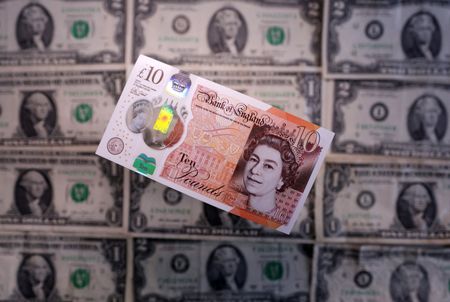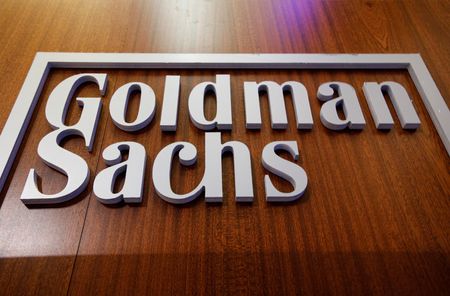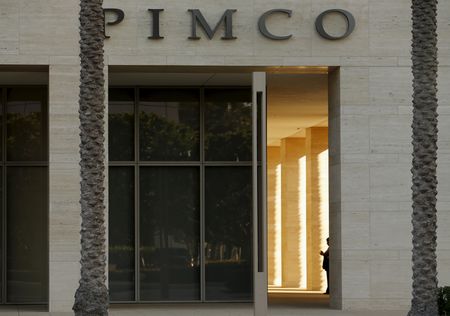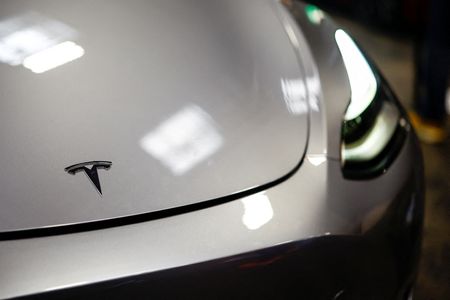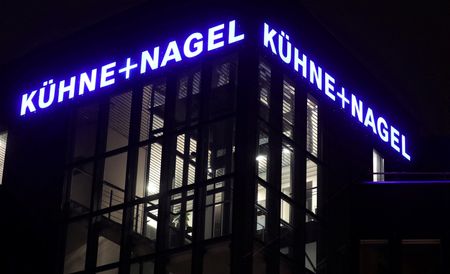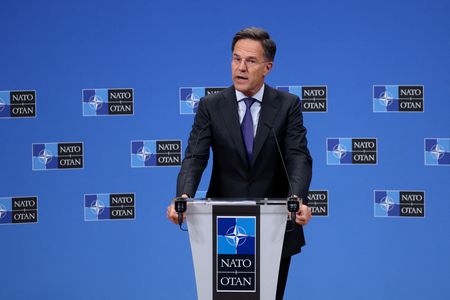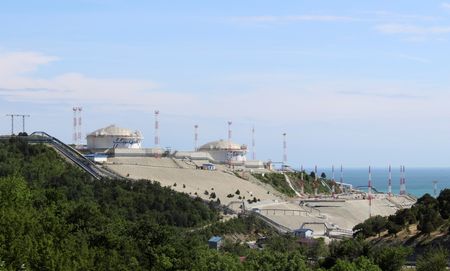By Stefano Rebaudo
(Reuters) – Sterling edged up against the dollar on Tuesday as investors hoped a deal between Britain and the U.S. would prevent significant negative economic impact from the U.S. tariffs President Donald Trump is scheduled to announce on April 2.
British Prime Minister Keir Starmer said that talks with the U.S. on a trade agreement that would help Britain avoid being hit by Trump’s import tariffs were “well advanced.”
The dollar rose slightly with analysts also monitoring the U.S. Job Openings and Labor Turnover Survey (JOLTS) and the ISM manufacturing index later in the session, both of which could provide further insights into how uncertainty in U.S. trade policy is hurting the economy.
The pound was up 0.05% versus the greenback at $1.2924. It hit $1.3014 on March 20, its highest level since November 6.
It dropped against the yen, which investors view as a safer asset than the dollar in the current environment, as potential U.S. tariffs would likely hurt the U.S. economy as well.
It was down 0.15% at 193.40 versus the Japanese currency.
Among major developed market currencies (G10), sterling tends to be more volatile and sensitive to risk sentiment than traditional safe havens like the Japanese yen, Swiss franc, or the U.S. dollar.
“Our sense is that the UK escapes the worst excesses of tariffs, largely due to a relatively benign trade position with the U.S.,” said Kamal Sharma, forex strategist at BofA.
“That should be pound supportive, but the global context matters – a risk-off fallout in markets will weigh on all currencies versus the U.S. dollar,” he added.
Money markets slightly increased their bets on future Bank of England rate cuts, fully pricing in a 25 bps move by June and 54 bps by year-end, from 51 bps the day before. [IRPR]
The euro dropped 0.05% to 83.66 pence as the European Union gets ready for a trade war.
The EU will be ready to retaliate against U.S. trade tariffs with strong countermeasures if needed, European Commission President Ursula von der Leyen said on Tuesday.
(Reporting by Stefano Rebaudo; Editing by Bernadette Baum)


